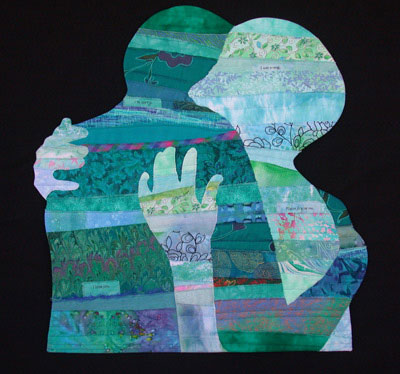I haven't built up my nerve to attend synagogue yet, but I know I will observe the fast as best I can, including not bathing, not eating, not wearing leather. I draw the line at not driving, because part of spending time in community requires me to travel to my peeps.
In the spirit of sabbath, I do not set my alarm. I wake in time to see the child off to school and listen to the Torah portion as I make the bed. Is making the bed even allowed? I misread the Torah portion and listen to several chapters before realizing I was only supposed to listen to Leviticus 16 this morning. It makes me feel better about God since chapter 17 is full of instructions on who can eat which portion of a sacrificed animal. For some reason, the smell of grilled steaks fills my head and sets my stomach to growling.
I reach for my shoes (which I never noticed before have leather straps) and my purse (also leather). I didn't expect that part of the fast to be a problem. Another purse is found and items are transferred, though it hits me that my wallet might be made of leather. Is fake leather allowed? I slip on my ugly Crocs and head out the door. A couple of hours are spent in sweet conversation with a sweet friend. I talk a lot about Yom Kippur and Sukkot. I'm tired of repenting. I'm ready to party.
I meet another friend for an hour of yoga. Strictly speaking, it doesn't fall into the schedule for Yom Kippur at all, but I am trying to embrace the spirit of the holiday without being bound by its letter. Yoga is a chance to slow down, to listen to myself breathe, and to be still enough for God to speak if he chooses to.
I am weary of repentance. Ten days seems like so long to focus on forgiving, repenting, and doing good works. It makes me thankful once again that I don't have to step through a series of legalistic rituals in order to find atonement. I am weary of doing this alone, having to explain why I'm not eating, why I'm wearing gardening shoes in public, why I can't kiss the hubby good-bye.
I am standing in line at the store with my teenage daughter, talking about what I'm learning when she blurts out, "Jews are weird!" I know what she means, but I'm appalled at what it sounds like. Chosen? Yes. Longsuffering? Yes. Weird? Even as I try to put an adjective to it, I realize no word is complex enough to describe this special people.
I end the fast a little early. I'm shaky and irritable. I'm too weak to see it through. If someone else was doing it with me, I would have made it.
Easy fast? Not so much.
I grab a bagel. I kiss my husband hello. I pin some photo ideas for our tabernacle. I'm looking forward to next week.
Photo credit: Czarnamania via Visualhunt / CC BY-NC-SA
Photo credit: Czarnamania via Visualhunt / CC BY-NC-SA







